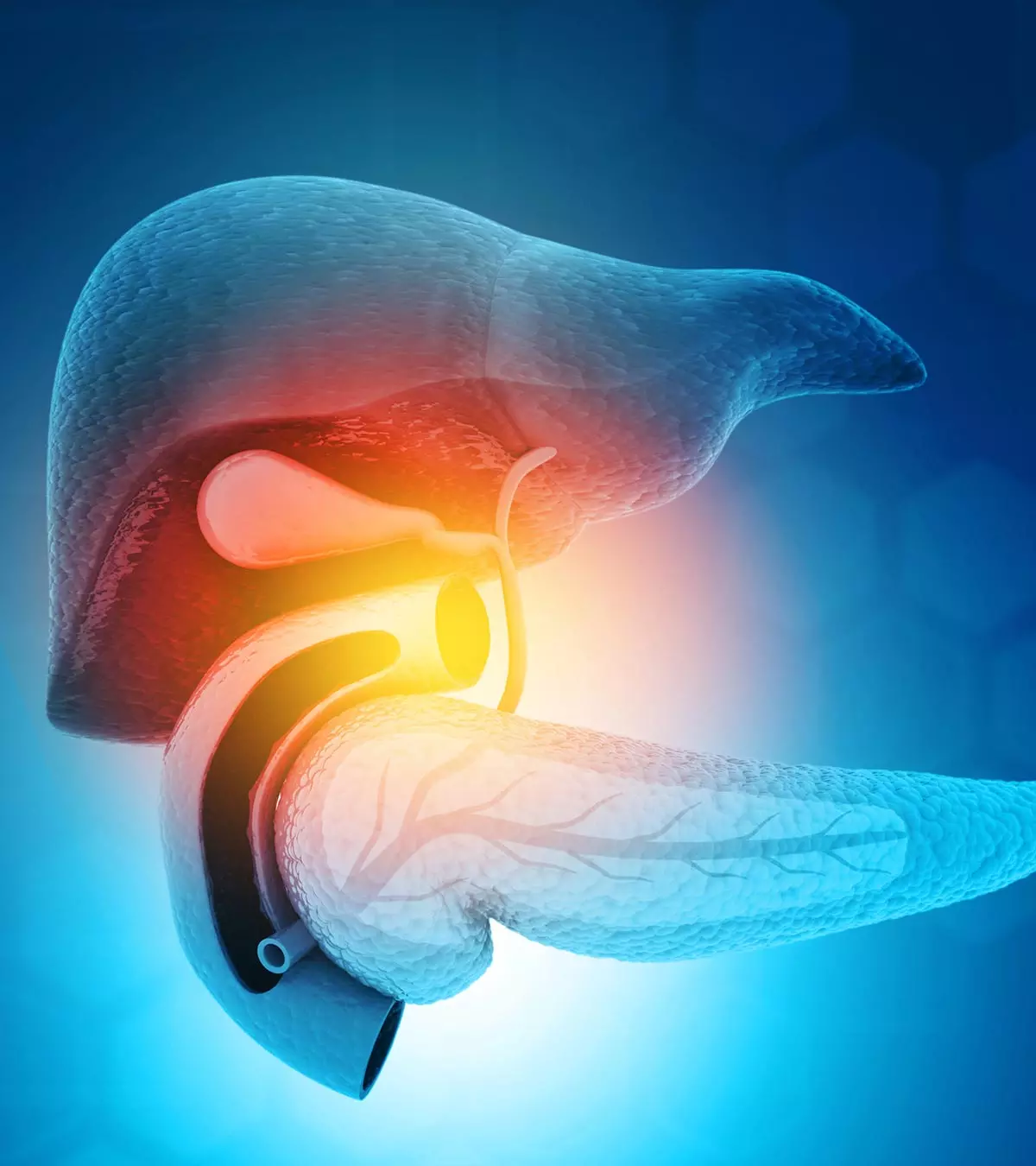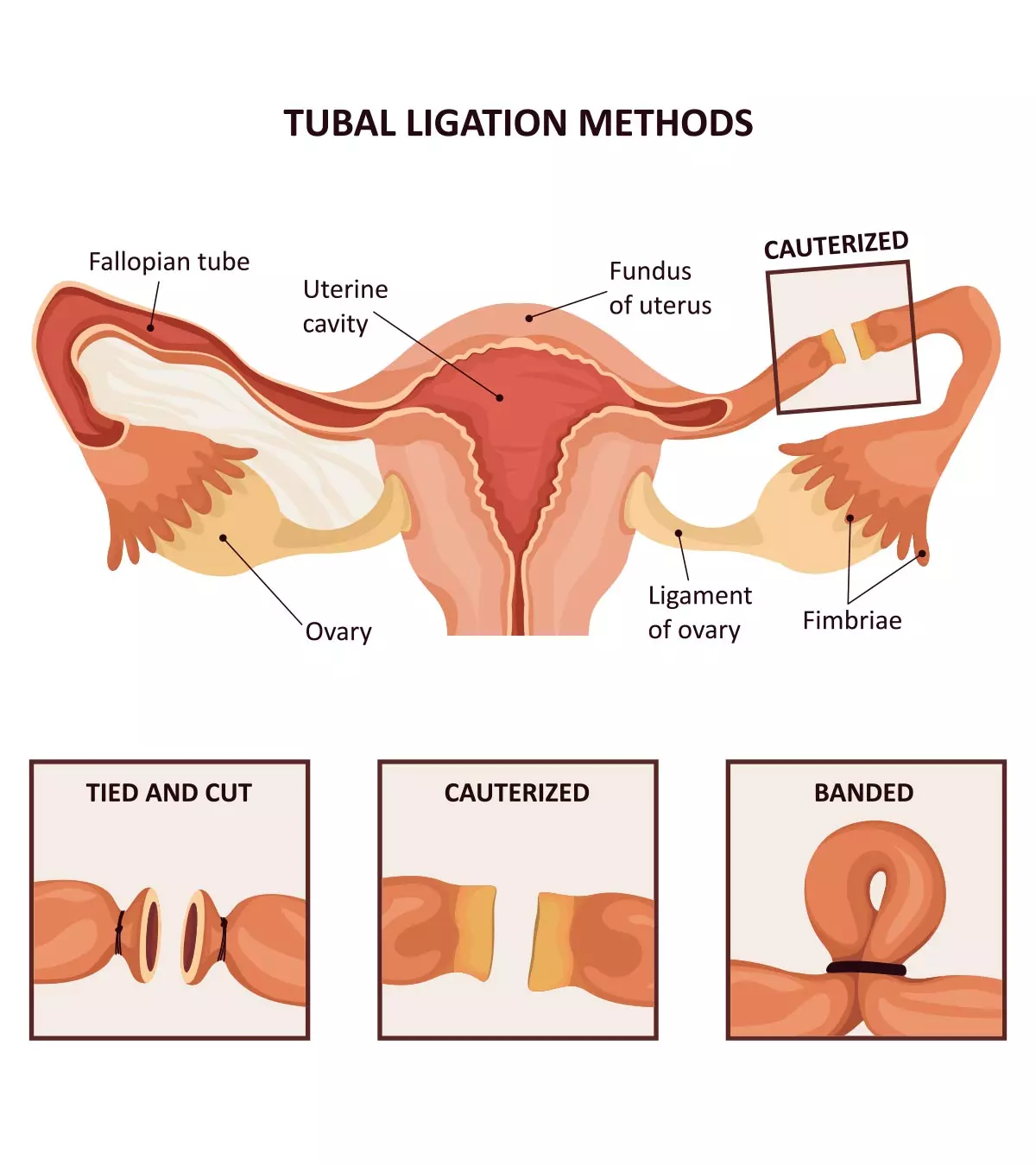
Image: Shutterstock
Many pregnant women may experience headaches and nausea during the course of nine months, especially during the first trimester. While usually, we do not hesitate to consume available over-the-counter medicines such as aspirin to deal with these problems, an expecting mother may want to know if it is safe to use aspirin in pregnancy. Read through this post to learn more about the indications, contraindications, and safer alternatives to aspirin during pregnancy.
Key Pointers
- ACOG recommends using low doses of aspirin (60-150 mg) during pregnancy as it is safe.
- Taking over 150 mg per day in the early stages of pregnancy increases the risk of congenital abnormalities in the fetus.
- In the third trimester, aspirin leads to premature closure of the fetal ductus arteriosus and may cause pulmonary hypertension (the blood vessel that passes blood to the baby’s lungs before birth), thus delaying labor. However, robust evidence is lacking.
- Low-dose aspirin may be prescribed during pregnancy for health conditions such as preeclampsia, diabetes, kidney disorders, Hughes syndrome, and others.
- Acetaminophen is a safer alternative to aspirin during pregnancy.
What Is Aspirin?

Aspirin, also known as acetylsalicylic acid (ASA), is a non-steroidal anti-inflammatory drug (NSAID). It is commonly prescribed to treat minor pains, fever, and inflammation. In some cases, it is used as a blood thinning medication to treat heart attacks, strokes, and chest pain due to its anticoagulant properties (1). This medication is available under different brand names including Ascriptin, Aspilet, Angettes 75, Disprin, Durlaza, Caprin, Ecpirin, Resprin, Halfprin, Nu-Seals and Micropirin (2).
Can You Take Aspirin During Pregnancy?

Low dose(60-150mg) aspirin is safe during pregnancy as per ACOG guidelines.
Here are some side effects associated with aspirin intake during pregnancy.
In early pregnancy:
- A daily low-dose aspirin will not cause any risk of miscarriage. However, a high dose of aspirin (more than 150mg/day) could increase the risk of fetal malformations or congenital birth defectsiA structural or functional abnormality present from birth. (3).
In late pregnancy:
- In the third trimester, aspirin leads to premature closure of the fetal ductus arteriosus and may cause pulmonary hypertension (the blood vessel that passes blood to the baby’s lungs before birth), thus delaying labor. However, robust evidence is lacking (4).
While a few doses of baby aspirin may not cause harm to you or your baby, prolonged usage of adult doses may have adverse effects.
Expecting mothers should talk to their healthcare provider to weigh the risks and benefits of aspirin use.
 Quick fact
Quick factWhen Is Aspirin Advisable?

While taking aspirin during pregnancy can be risky, it has been found to be safe in certain conditions. Your healthcare provider may advise a low-dosage aspirin if you have:
- History of gestational hypertension, eclampsia or severe pre-eclampsia related preterm birth, low birth weight, or FGR or IUD (5)
- History of abruption due to PET
- History of chronic hypertension
- Hughes syndrome, also called antiphospholipid syndrome (APLS), is an immune system disorder that causes blood clots or thrombosis (6).
- Preeclampsia in pregnancy usually develops in the third trimester (7). The US Preventive Services Task Force (USPSTF), preeclampsia complicates about 4% of US pregnancies, significantly impacting maternal and infant health outcomes. Sara, a mom blogger who experienced preeclampsia in her first pregnancy, shares the measures she took to prevent this condition in subsequent pregnancies. She says, “I started taking baby aspirin at around 12 and a half weeks to prevent preeclampsia. I had preeclampsia with my first baby, so I continued to take it with all my other children to prevent it from happening again (i).” Seeking medical guidance and timely intervention is necessary to avoid adverse outcomes.
- Diabetes or kidney disorders (8)
- Aspirin can be considered when two or more moderate risk factors are present such as, age more than 40, BMI more than 35kg/sqm, nulliparous, pregnancy interval of more than 10 years, and twin pregnancy.
- In addition to the conditions mentioned above, there may be cases where aspirin administration during pregnancy might play a crucial role. Katherine Pickering Antonova shares her encounters with multiple miscarriages and how aspirin helped her. She says, “My male OBGYN, a very big name in Manhattan, dismissed SEVEN of these (missed miscarriages) before I had an accidental appointment with a female junior doctor in his office who was horrified. She put me on very simple and safe baby aspirin and progesterone, and by the next month, I was pregnant with my youngest, and the whole string of miscarriages was over (ii).”
Hence, the use of aspirin during pregnancy is a decision that should be made with careful consideration of individual circumstances and medical advice. If prescribed low-dose aspirin, follow up with your doctor for regular monitoring and possible dosage adjustments.
 Things to know
Things to knowWhat If You Have Already Taken Aspirin During Pregnancy?
If you have been taking aspirin for a long time or were on a high dosage when you got pregnant, let your practitioner know about it. They will also assess maternal health and fetal development to decide whether you should continue it or use an alternative.
Contraindications Of Aspirin During Pregnancy
Aspirin is not indicated under the following circumstances:
- Aspirin allergy or hypersensitivity to other NSAIDSiA type of drug that reduces pain, fever, inflammation, and blood clot.
- Nasal polyp or asthmatic patient as aspirin may cause bronchoconstrictioniNarrowing of the bronchial airways.
- History of gastrointestinal bleedingiPresence of blood in the urine, also known as hematuria. or genitourinary bleedingiRelating to genital and urinary.
Is There Any Safer Alternative For Aspirin During Pregnancy?

Acetaminophen (Tylenol or paracetamol) is a safer alternative to take for fever and pain during pregnancy. But check with your practitioner before taking one (9).
Next, we address a few commonly asked queries about aspirin during pregnancy.
Frequently Asked Questions
1. Why is aspirin gastro-resistant tablet 50mg prescribed in pregnancy?
The American College of Obstetricians and Gynecologists and the Society for Maternal-Fetal Medicine recommend low dosage of Aspirin to women who are at a high risk of preeclampsia (high blood pressure) during pregnancy (10).
2. Can aspirin prevent pregnancy?
Aspirin cannot prevent pregnancy. However, it is found to increase the likelihood of conception for those who had a spontaneous abortion or a recent pregnancy loss (11).`
3. Can aspirin help you get pregnant?
Aspirin/ baby aspirin can help to retain pregnancy. Taking it before conception and during pregnancy can give you an extra boost if you are experiencing low-grade inflammation or if you have a rare condition called Antiphospholipid Antibody Syndrome (autoimmune disorder)iA type of autoimmune disorder that causes blood clots in arteries and veins. .
4. Does aspirin cross the placenta?
Aspirin can cross the placenta but according to the FDA, it can be safely used in low doses (14).
5. Does aspirin help with fetal growth restriction?
In women at risk of preeclampsia, studies have shown that low doses of aspirin could lower the likelihood of fetal growth restriction; however, there is insufficient evidence to support the use of low-dose aspirin in women with a history of fetal growth restriction alone (10).
Popping a pill for every pain while pregnant is not advisable. Moreover, before you take a medicine for every twinge, you must comprehend the safety and risks of medications such as aspirin during pregnancy. Aspirin is to be taken in low doses only if prescribed by your medical practitioner to manage any medical condition such as preeclampsia, maternal thrombosis, and diabetes in pregnancy. Further, you may speak to your doctor about your health and medical history to have a healthy pregnancy and stress-free delivery.
This post is for informational purposes only and is not a replacement for a doctor’s consultation. Do not use any medication without talking to your doctor.
Infographic: How Aspirin Is Beneficial In Preventing Preeclampsia And Its Consequences?
Preeclampsia causes high blood pressure and excess protein in urine and may complicate a pregnancy. Low doses of aspirin (doses lower than what is used for analgesic action) have been found to prevent the condition. The infographic below gives a brief description of how aspirin helps. Illustration: Momjunction Design Team
Illustration: Aspirin During Pregnancy: When To Take And When Not To

Image: Stable Diffusion/MomJunction Design Team
If you’re pregnant and thinking about taking low-dose aspirin, let’s talk about the benefits and drawbacks of doing so.
Personal Experience: Source
MomJunction articles include first-hand experiences to provide you with better insights through real-life narratives. Here are the sources of personal accounts referenced in this article.
i. 13 weeks pregnant on baby aspirin to prevent preeclampsia!https://www.youtube.com/watch?feature=shared&v=LDyns3UhHzYii. Miscarriages and men.
https://uchechukwuajuzieogu.medium.com/miscarriages-and-men-1133cf918efb
References
1. Aspirin for Reducing Your Risk of Heart Attack and Stroke: Know the Facts;US Food and Drug Administration
2. Aspirin Drug Record; The Drug Gene Interaction Database.
3. Mother To Baby Medications and More During Pregnancy and Breastfeeding Ask The Experts; Organization of Teratology Information Specialists (OTIS).
4. Phil Young; Aspirin and non-steroidal Anti-inflammatory agents – PREGNANCY; National Poisons Information Service.
5. Lecture 12 a: Complications of Pregnancy; John Hopkins Bloomberg School of Public Health.
6. Heilmann L, Von Tempelhoff GF, Pollow K; Antiphospholipid syndrome in obstetrics; US National Library of Medicine National Institutes of Health.
7. Jilian T Henderson, et.all, Low-Dose Aspirin for the Prevention of Morbidity and Mortality From Preeclampsia; US National Library of Medicine National Institutes of Health
8. Yoshihiko Saito, et.al; Low-Dose Aspirin Therapy in Patients With Type 2 Diabetes and Reduced Glomerular Filtration Rate; US National Library of Medicine National Institutes of Health.
9. Scand J Pain; Is acetaminophen safe in pregnancy? US National Library of Medicine National Institutes of Health.
10. Low-Dose Aspirin Use During Pregnancy; The American College of Obstetricians and Gynecologists.
11. Aspirin does not prevent pregnancy loss, NIH study finds; National Health Institutes of Health.
12. Use of Aspirin During Pregnancy to Prevent Preeclampsia; JAMA Network
13. Aspirin in pregnancy; NHS
14. Suchismita Dutta,et al; Molecular Targets of Aspirin and Prevention of Preeclampsia and Their Potential Association with Circulating Extracellular Vesicles during Pregnancy;US National Library of Medicine National Institutes of Health
Community Experiences
Join the conversation and become a part of our nurturing community! Share your stories, experiences, and insights to connect with fellow parents.
Read full bio of Subhashis Samajder
Read full bio of Sakshi Mishra
Read full bio of Swati Patwal
Read full bio of Dr. Joyani Das
















